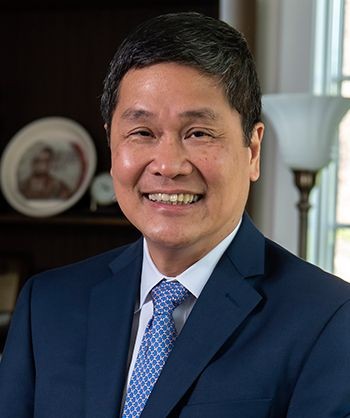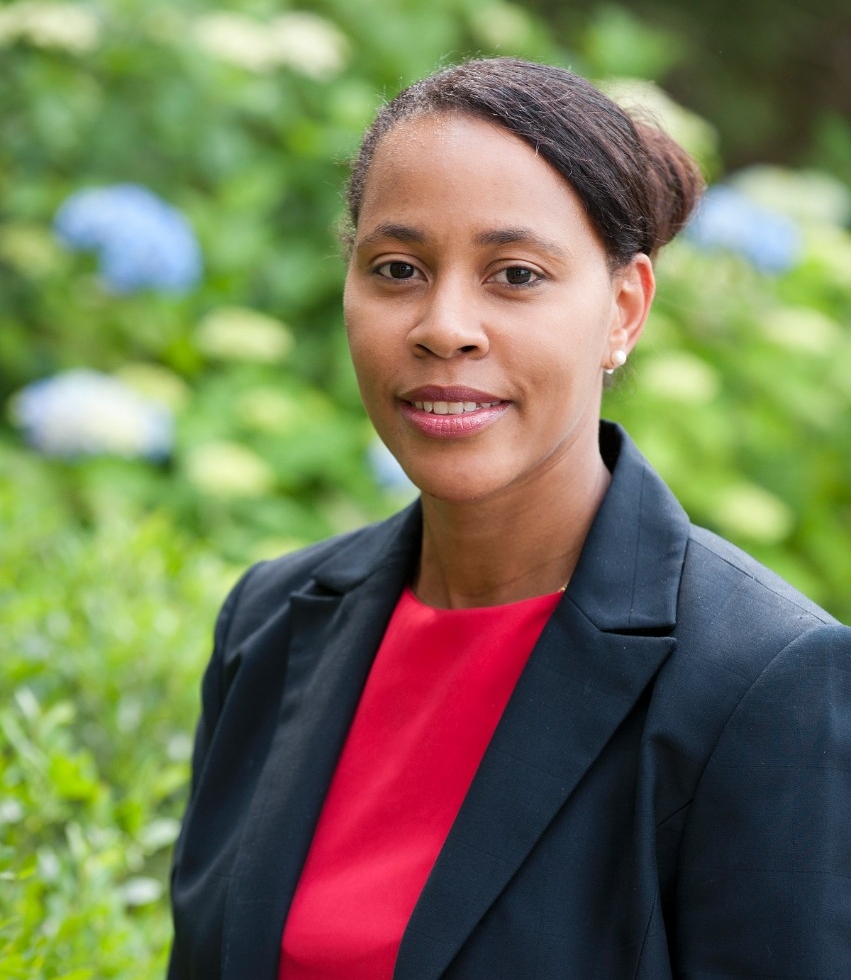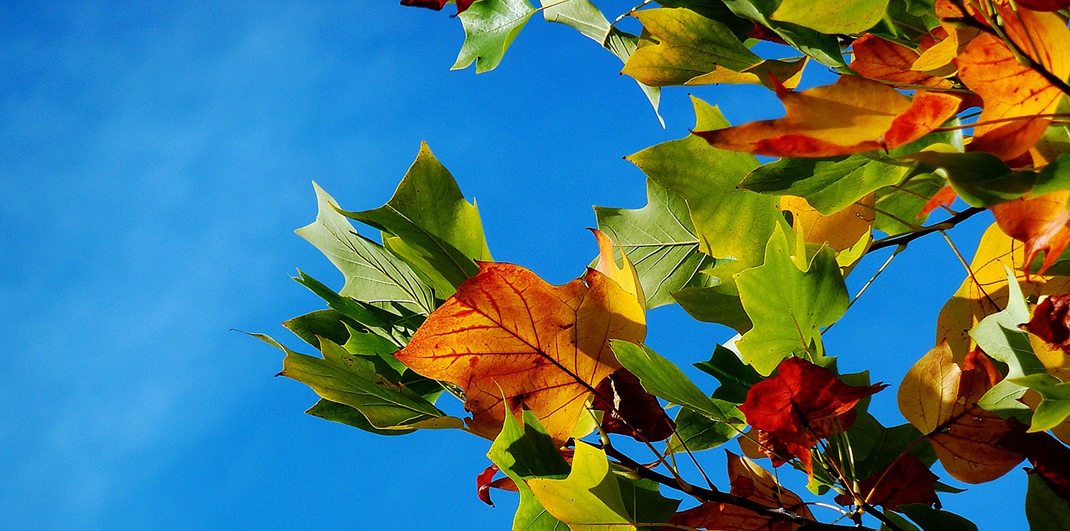Boston College’s strategic commitment to diversify its teaching ranks is bearing fruit, according to senior University administrators, who note a consistent upward trend in the hiring of women and persons of color as full-time faculty members.
Of the 49 full-time faculty members joining BC for the 2020-2021 academic year, 57 percent are women and 39 percent are AHANA (people of African, Hispanic, Asian, and Native American descent)—the highest such percentages in at least 15 years.
The figures are not an aberration, administrators pointed out. Including 2020-2021, BC has hired the highest percentage of full-time AHANA faculty in University history four of the past five years: 35 percent in 2019-2020, 37 percent in 2017-2018, and 32 percent in 2016-2017; another high-water mark came in 2011-2012 (31 percent).
A glance at the total percentage of women faculty members at BC indicates a similar increase, from 39.1 percent in 2010-2011 to 42 percent during the last academic year. Administrators note that these data include visiting faculty, who are not included in the University’s hiring statistics; the percentages of more permanent, full-time women faculty hired during that period would be significantly higher.
“The trend builds on itself. It creates momentum for other people of color and women to join the BC faculty. This, in turn, can help in recruiting AHANA and female students—when they see professors who look like themselves, they appreciate the opportunities higher education presents.
While Boston College has consistently strived to build a diverse faculty, administrators said, the progress of recent years demonstrates a collective focus on refining the means by which academic departments and programs evaluate and address their teaching needs. This approach has the capacity for a success that is self-generating, they added.
“The trend builds on itself,” said Vice Provost for Faculties Billy Soo. “It creates momentum for other people of color and women to join the BC faculty. This, in turn, can help in recruiting AHANA and female students—when they see professors who look like themselves, they appreciate the opportunities higher education presents.”

Vice Provost for Faculties Billy Soo
The process by which BC hires full-time faculty is a multi-faceted one, Soo explained. Deans for each of BC’s schools receive requests for faculty hires from individual departments—based in part on how many faculty retired or left for another position—and send them to the Office of the Vice Provost for Faculties. The vice provost and provost then use several criteria to evaluate the deans’ requests, such as the numbers of student credit hours and the demand for classes associated with each faculty position. There may be other considerations: If a department is launching a new program, for example, it may need to make several new hires.
The opportunity for a department to enrich its diversity is strongly encouraged, Soo noted. Departments that have already have a candidate for an available position are at times given permission to also recruit a woman or person of color who subsequently emerged as a strong entrant; in some cases, both candidates wind up being hired.
“ “While challenges still exist, they are now viewed more as opportunities to do better and reimagine how we can continue to build a more diverse and inclusive faculty at Boston College. ”
BC also has taken stock of the way it seeks out potential new faculty, Soo added, by ensuring search committees have a diverse membership and are in touch with national programs and organizations that support faculty of color, among other measures. In addition, the Office of the Provost has collaborated with the Office for Institutional Diversity on a program that offers useful insights for conducting faculty searches.
OID Executive Director Patricia Lowe said, “The program and its participants exhibit a strong commitment to moving beyond traditional recruitment practices that fail to increase the hiring of AHANA and women full-time faculty. Among other things, the insights from this program help participants to undergo self-reflection and self-awareness of potential biases they may be bringing into the process—and to find ways to park those biases at the door.

Office of Institutional Diversity Executive Director Patricia Lowe
“While challenges still exist,” she said, “they are now viewed more as opportunities to do better and reimagine how we can continue to build a more diverse and inclusive faculty at Boston College.”
Such initiatives and practices “send a strong signal,” said Soo. “The department chairs and search committees understand very well that diversity is something we’re very interested in supporting.”
BC can aid its own efforts to foster a diverse faculty, he said. While the number of faculty members from historically underrepresented populations in the United States has risen over the years, aided in part through the McNair Scholars Program and other initiatives, there is still much room for growth. Increasing access to graduate studies for women and persons of color is vitally important, Soo said.
“Those graduate programs are where our future professors will come from, so we, along with other institutions, have an obligation to make sure there are opportunities for everyone.”
Sean Smith | University Communications | September 2020




